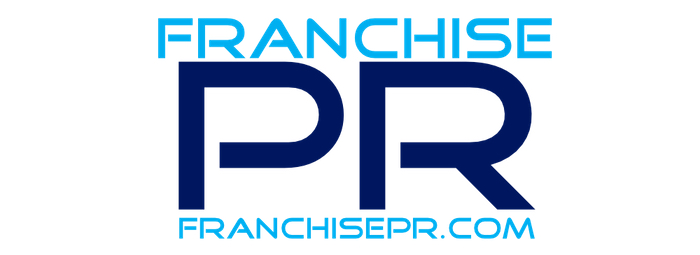
Swiss Franchise Association
FRANCHISING IN SWITZERLAND
As with any market expansion, your entry to the Swiss market should be very well prepared. Not only are the legal framework conditions different than in other countries, there are also further cultural, country-specific features that will have a major impact on your expansion.
Since some concepts do not travel well from one country to the next, a certain sensitivity for the target market is crucial. In many cases, it is the small things that make the market tick different from your home market. Finding a niche in a well-supplied market is not easy. Is there anything that doesn’t yet exist? What is it that sets your product or service apart? How do you communicate its «difference» or «superiority» Does you concept fit into the local lifestyle?
Despite all the changes that have taken place, Switzerland represents a very stable environment and an excellent test market for franchise expansions. With its four languages, Switzerland opens the door to France, Germany, Austria and Italy. Directly adjacent, these countries all share a similar cultural background with Switzerland.
MULTILINGUALISM AS AN OPPORTUNITY
As a rule, the language borders within Switzerland are seen as a barrier when it comes to opening up the Swiss market as a whole. However, the diversity of our country also represents an opportunity, especially for foreign franchisors.
It is a well-known fact that the different language regions in Switzerland pose difficulties for distribution systems. Certainly, this also applies to franchising, perhaps even more so since the interaction and communication between a franchisor and franchisee must be particularly close in order to work smoothly. However, with the different language regions featuring diverse mentalities and consumption behaviour on a relatively small territory, Switzerland makes for an interesting test market for everyone considering expansion into the big neighbouring countries, such as Germany, France or Italy.
MEDIA PERCEPTION OF THE BRAND
For foreign franchise systems, the brand’s media perception is of vital importance: If, for instance, a German franchise is launched on the German-speaking Swiss market, it may be generally assumed that the brand is already known by the consumers without requiring the use of specific advertising means. This generally happens via radio and TV advertising on the home market alone. The same is true for French-speaking Switzerland: French brands are frequently known to the public before the first advertising campaign has been launched or while the company is still considering its expansion into West Switzerland. This helps keep the advertising budget low and increases the chances of success. Furthermore, the search for initial franchisees is a lot easier. These are the reasons why French franchisors prefer gaining their first experience abroad in French-speaking Switzerland before considering any further expansion into German-speaking Switzerland, or even bigger markets.
THE ISSUE OF LANGUAGE
Aside from the above-mentioned differences in mentality, languages per se certainly also play a crucial role. Once a franchisor is convinced that the step across the language barrier will pay off and the concept will be successful on the new market, there is a plethora of documents which have to be translated. Primarily, this applies to the franchise agreement, the main document governing the future franchise partnership, as well as other documents, such as instructions, codes of conduct, advertising brochures, training documents, etc. Translation not only drives up costs, it can also lead to misunderstandings and discrepancies between the partners. In this context, we would like to point out that the Swiss courts tend to support the weaker party, in this case the franchisee, if the latter argues in a dispute that it has misunderstood a contractual clause or not understood it at all because it was written in a foreign language. It is therefore advisable to procure a diligent translation of, at least, the franchise agreement and have the translation reviewed by a lawyer. A generally applicable English version of the agreement, as frequently utilised by internationally active franchise systems, may also lead to conflict since it must not be assumed that all franchisees in Switzerland are necessarily proficient in this language or have sufficient knowledge to understand the full extent of complicated contractual clauses.
- Phone Number: +41 44 208 25 55
- Fax Number: +41 44 208 25 26
- Website Address: http://www.franchiseverband.ch/Home/Franchise-in-Switzerland.aspx
